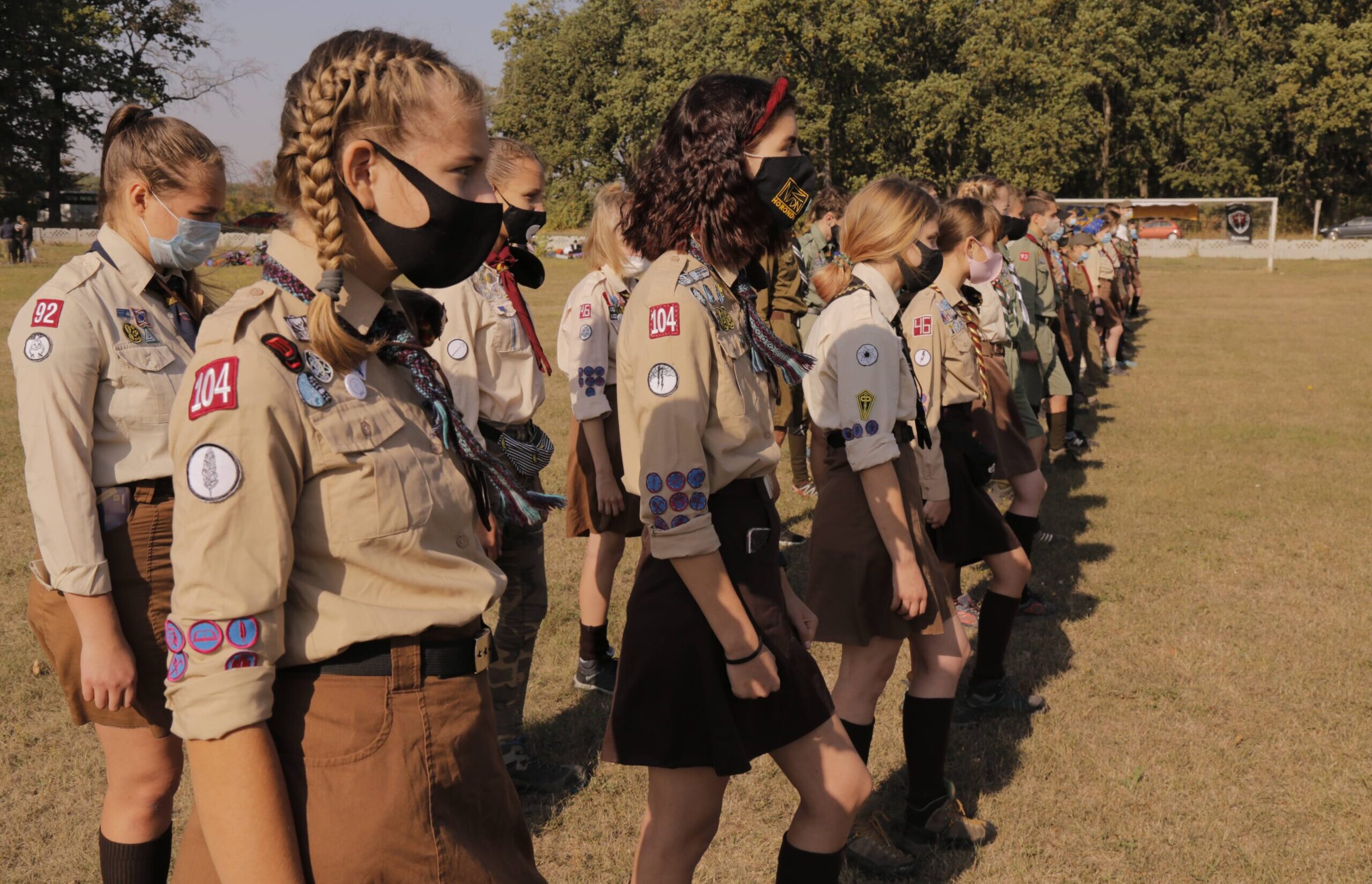In quarantine conditions, the experience of scout trips can be useful to any family, organization, small business that want to spend good, useful, and most importantly – safe a weekend.
An important detail is that the rules below apply only to viral safety issues in journeys, not in general the whole traveling safety.
1.Early exit to the run
There is a practice in Plast, when scouts gather early in the morning for a trip in a town`s outskirts to overcome the biggest part of a run in comfortable temperature conditions and in time of the highest temperature regime to prepare a lunch and to hold a discussion/conversation/training. In small towns, you can start on foot from your home to the meeting point and get a new experience, walking in the morning with a backpack through unknown streets of a town. Also, it helps to avoid unnecessary contacts with other people and overcome the problem with limited traffic.
In big cities, of course, it will be impossible to reach the meeting point without transport, but it is still necessary not to forget about the rules established by the government to prevent the spread of the disease.
2. Temperature screening
Before to start a journey you have to measure and note the temperature of each participant (it would be great to have a contactless thermometer). During movement, the temperature may increase, according to loads and speed. Additional temperature measurements should be carried out during large pauses, when the body’s pulse is abnormal.
It is important to organize the relevant instruction before the trip and to question if there was anyone with symptoms among relatives, or was there no temperature during the last two weeks. If the answer is positive, it is better to abandon the journey. The necessity to be conscious about the safety and security of others is more important than disappointment concerning the cancel of a trip.
3. Social distance while movement
During the trip, you always have to observe a distance of 1.5-2 meters between travelers (not only during the pandemic), so that for example, the branch touched by the previous participant does not injure the face of the other traveler. If the “neighbor” slips or is caught – the group members will not touch each other “on the move”.
In mountainous terrain the distance should be increased to 3-4 meters. Then, when one of the group members fall, the rest will have plenty of time to react. In case the road allows you to go in two rows and people want to talk, you should still observe a safe distance (1.5 meters in any direction).
4. Using of tracking sticks and sunglasses
Since any contacts in quarantine conditions should be restricted, the additional security from possible falls can be provided by tracking sticks. Two extra points of support, especially in raw weather, will help to maintain balance. In addition, sticks will remind about the distance, because their limbs are sharp and it is better to keep from them at a distance.
Glasses protect against possible ingress of the virus, as well as from ultraviolet light.
5. Safe rest pauses
The reason for the pauses during a trip could be desire to take a photo, orientate on the terrain or relax. The squat during “orientation” should be held standing (to keep the mode of travel). If you want to take a group photo or gather closer do not forget to wear masks. Regardless of your views on their effectiveness, you can provoke others to violate the rules during quarantine by your actions. That is why the head of the group before the start of the trip should conduct a briefing on viral security on the route. And during the journey itself, in particular during the dumps, it is strict to control the distance between the participants of the group.
The duration of the fore, especially sedentary, should not be up to 7-10 minutes (except for the dumps for lunch or meal). This is due to the rhythm of the heart. As you go, your heart increases the heartbeat to a working frequency of 90-140 beats per minute. During a short stop, the heart gradually calms down and if you rest long time (up to 60-80 beats per minute), then it will have to disperse again, which is worse than if the heart rate was at the lower limit of the athletic rhythm.
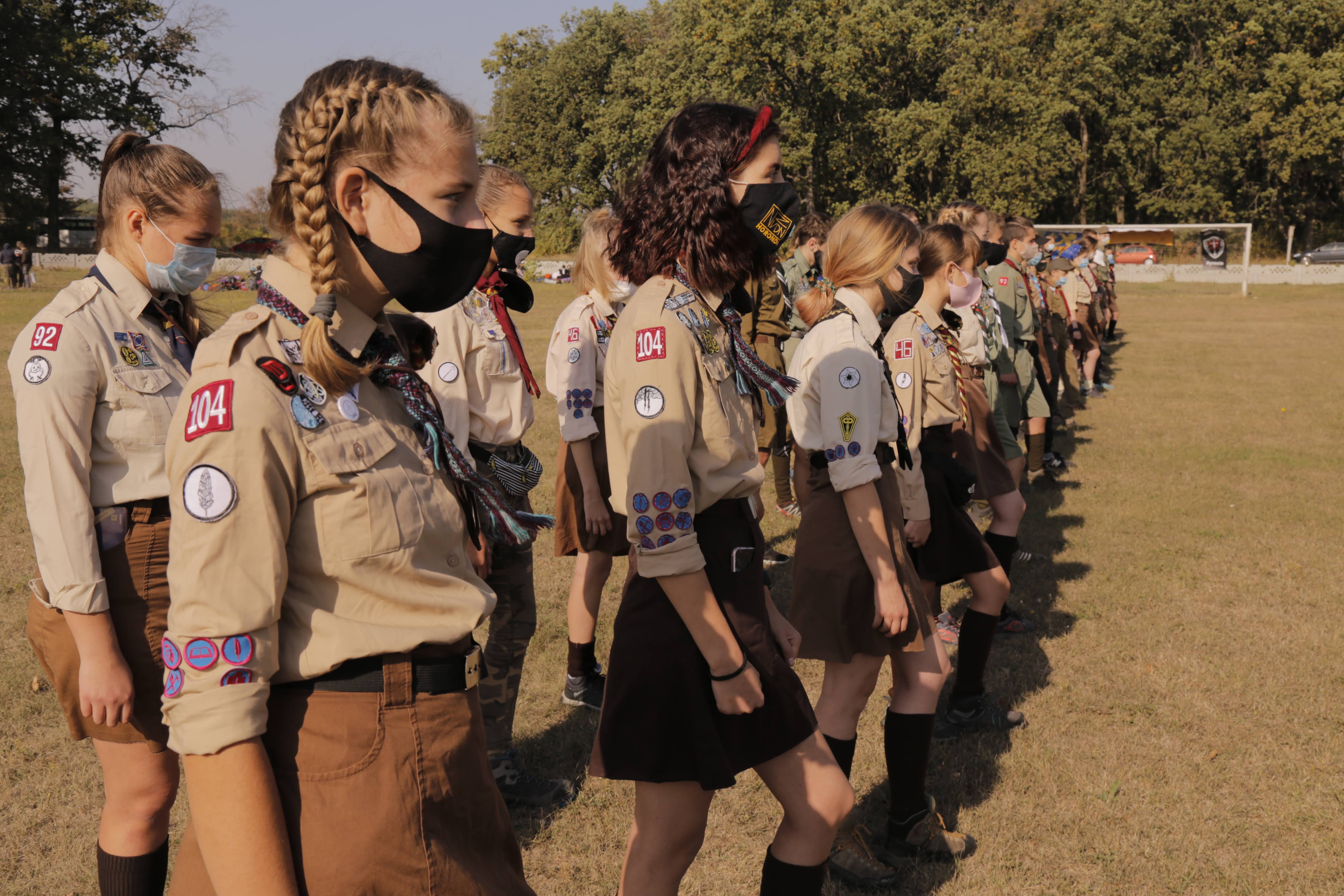
6. Drinking water
Ukrainian children are very social, so they can easily offer friendly some water from their flask to others (and those respectively agree). In addition to the danger with the virus, this practice has another risk that the water in a group will run out.
Water is a strategic resource even on the scale of scouting trip, so the head of the group should control the pace of its consumption and replenishment schedule (to organize everything so that all the necessary surfaces are disinfected and the process takes place as contactlessly as possible).
7. Safety rules during the long encampments
When a group stops to eat or prepare a full lunch/breakfast/dinner, the rules of distance in the mode of travel change.
At the beginning, you can still walk without masks, when everyone observes the distance (someone kinds a fire/burner, someone collects firewood, someone goes for water, someone prepares food for cooking, etc.). But then comes a point, when all the people collect in a group. Therefore, given the number and conscientiousness of the group members, the head must make a decision: either everyone during such a pause necessarily wear the mask or not, but with keeping of the social distance.
It is difficult, but quite possible, if you remember that the price of your recklessness can be a human life.
8. Quarantine overnight in tents
Obviously, members of the same family or people who live together permanently in the same property can sleep quite peacefully in a shared tent.
Other people should spend the night in separate tents (there are many options for small, individual and light tents on the tourist market). If all individual tents are sold out or lack of funds for such a purchase, then there are always other options: to borrow or make yourself from the oilcloth awning and lay a tourist mat under it or hang a hammock.
9. Anti-viral hygiene
Everyone should have not only an individual flask and a cup, but also all dishes for food consumption: spoon, plate, etc. Each participant must also have a set of personal antivirals: antiseptics, a plastic bag for storing a personal mask. An additional mask is needed, in case something happens. With the duration of the trip more than one day masks should be regularly washed and dried in the sun.
The group`s cooking equipment should be further treated with antiseptic (after the food is cooked and handed out). If there is not enough antiseptic to treat the cauldron, boil water in it with 60+ degrees. It is also important that cooking, its distribution and washing of cauldrons is carried out by the same person (in the order of the queue or as defined in the group). That is, you need to prevent any additional contacts with surfaces.
10. Safety rules of ordinary trips continue to function
This set of rules applies only to the peculiarities of traveling under quarantine conditions. If during the trip you apply only these rules, and others reject or ignore, then there will be no safety, of course.
Take care of security and it will take care of you!
Related news
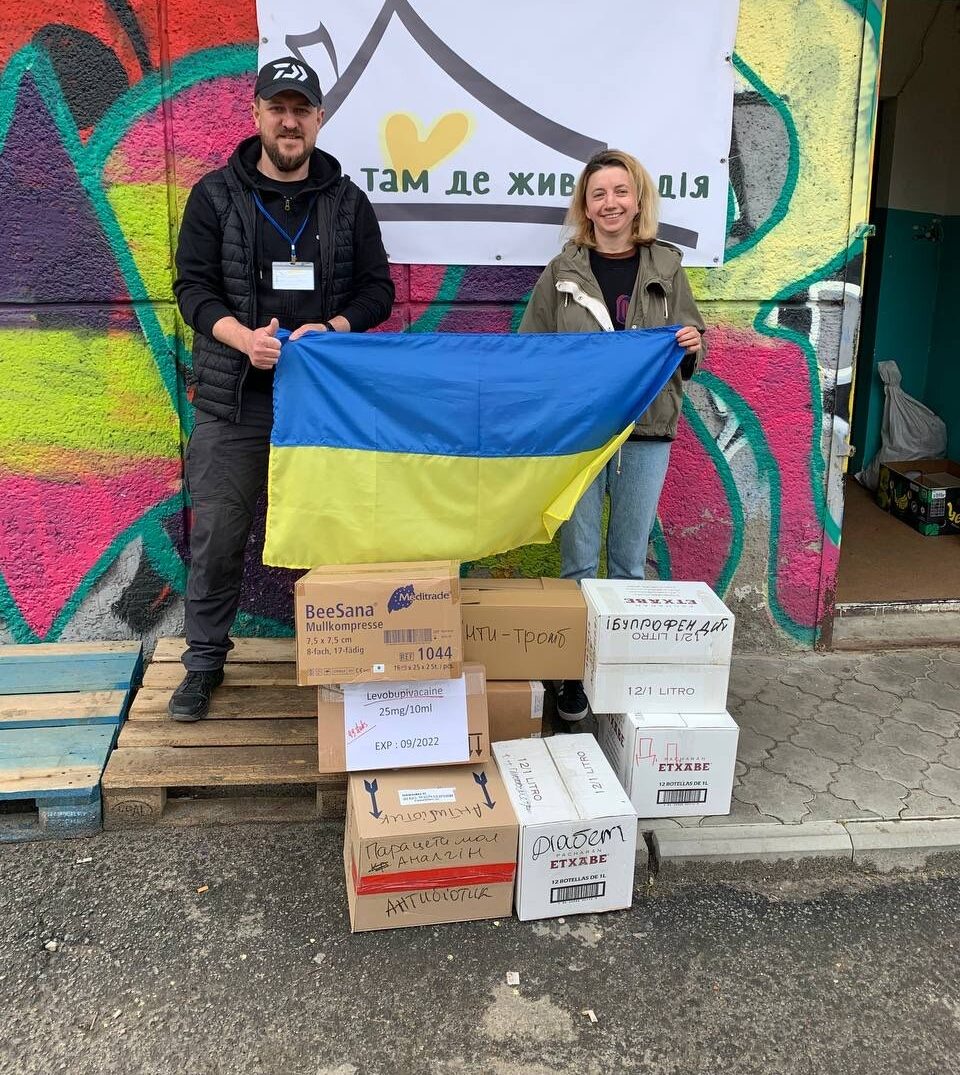
A week of joint battle for the sake of victory | Report of the Plast’s military support headquarters: April 10
Learn more
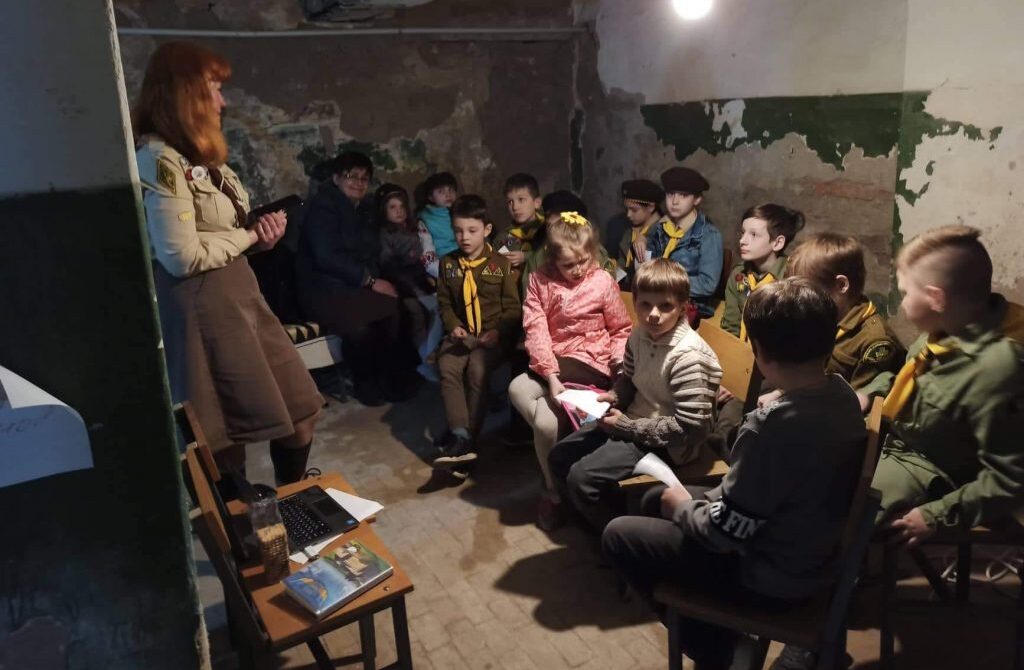
100 Days – The Contribution of the Plast Community in the Victory of Ukraine
Learn more
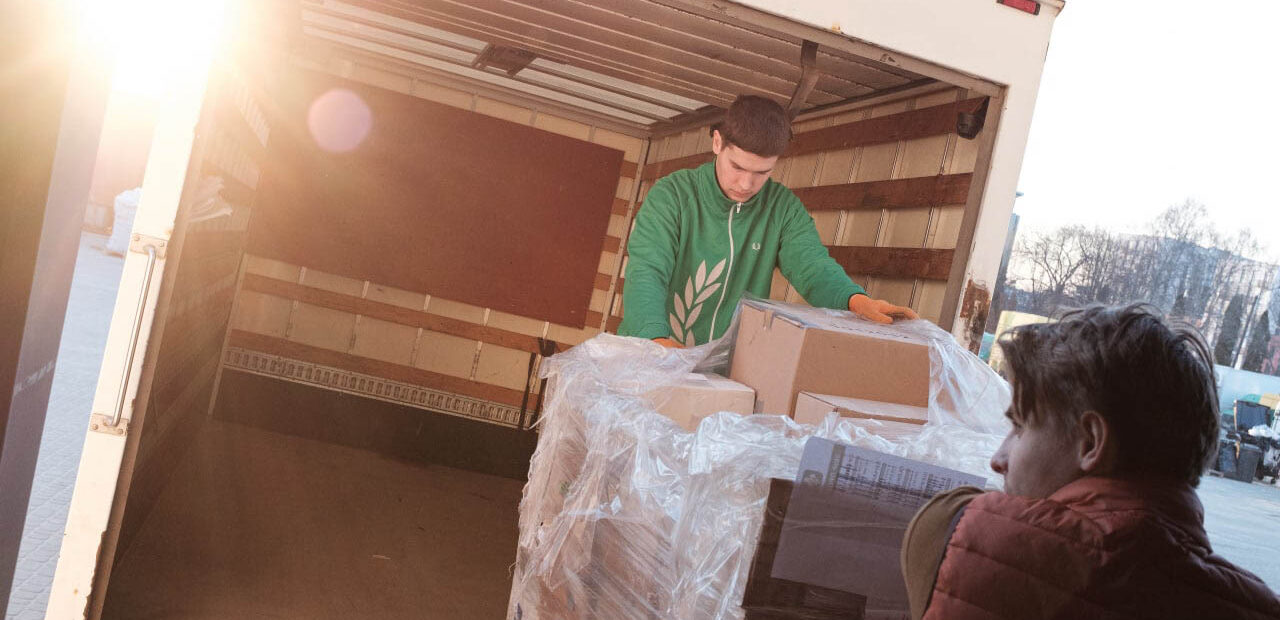
Report of the Plast’s military support headquarters: March 22
Learn more
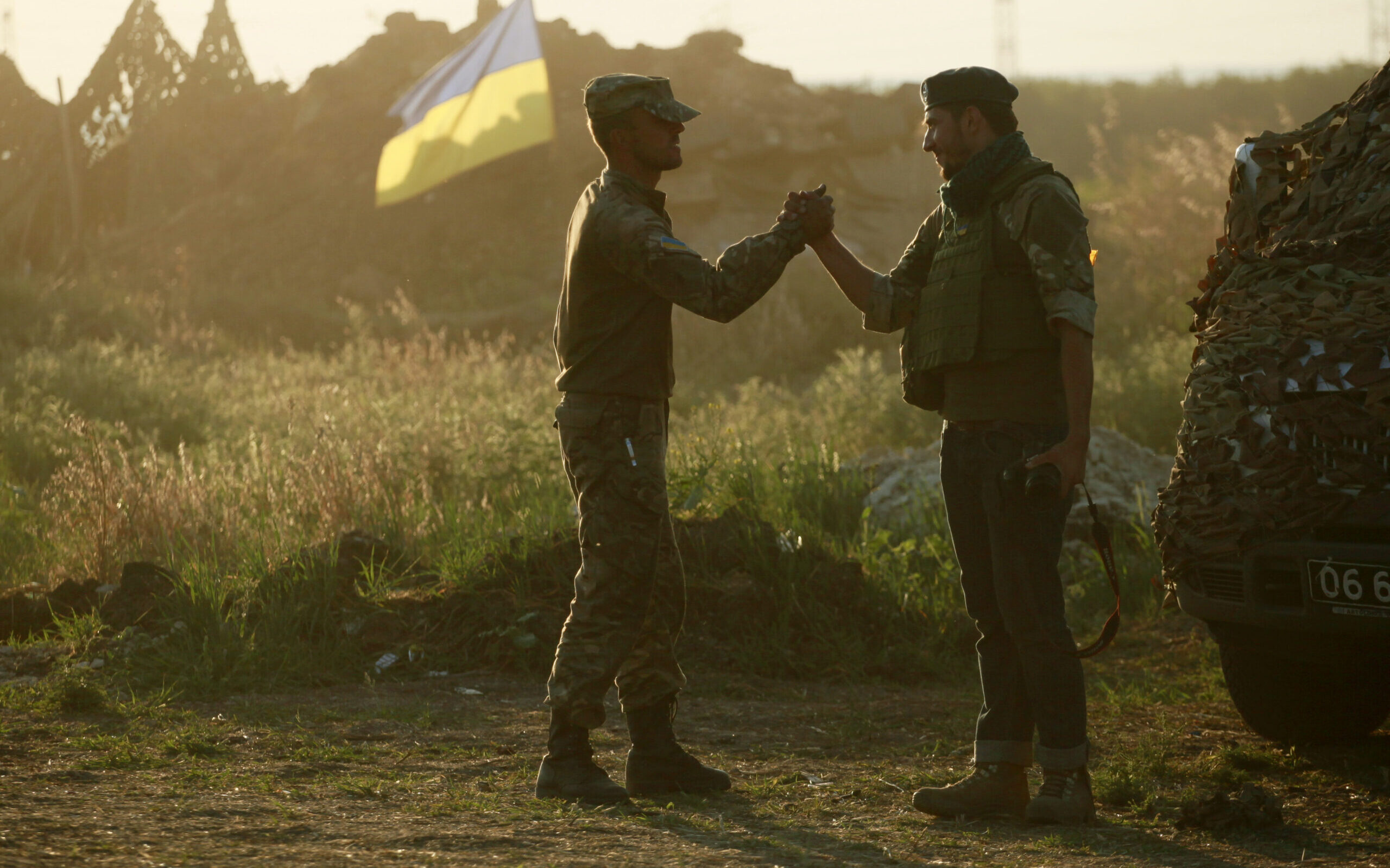
Supporting the Ukrainian army together
Learn more
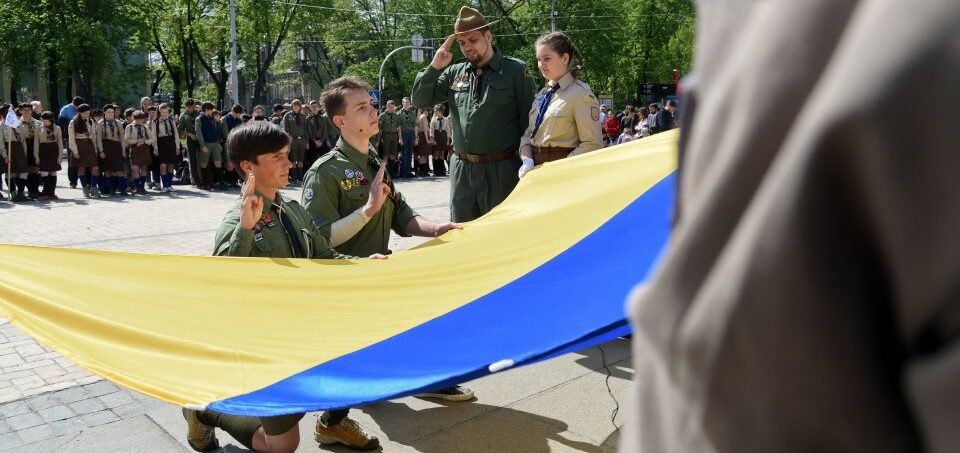
Andriy Rebryk: For 110 years, we have been doing everything to achieve Victory!
Learn more



